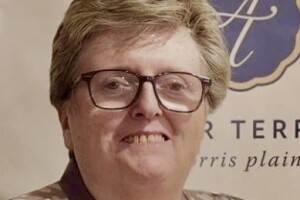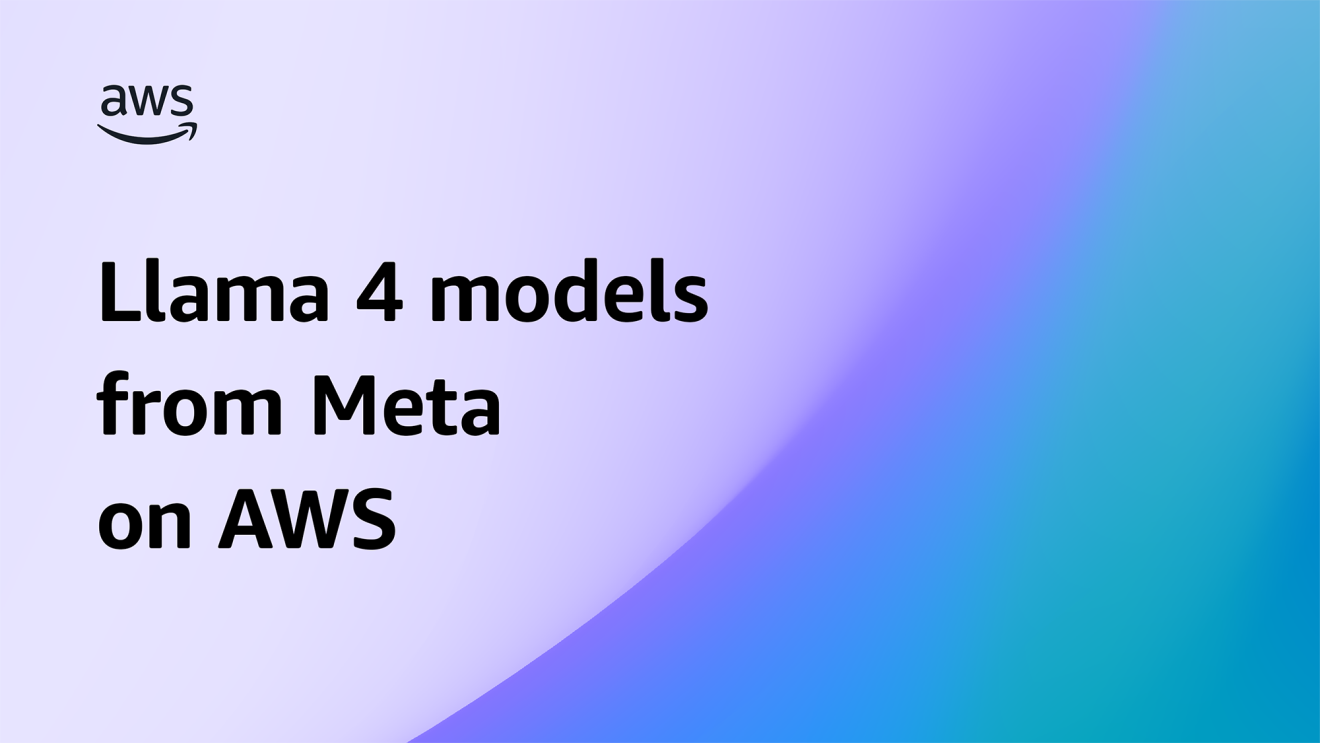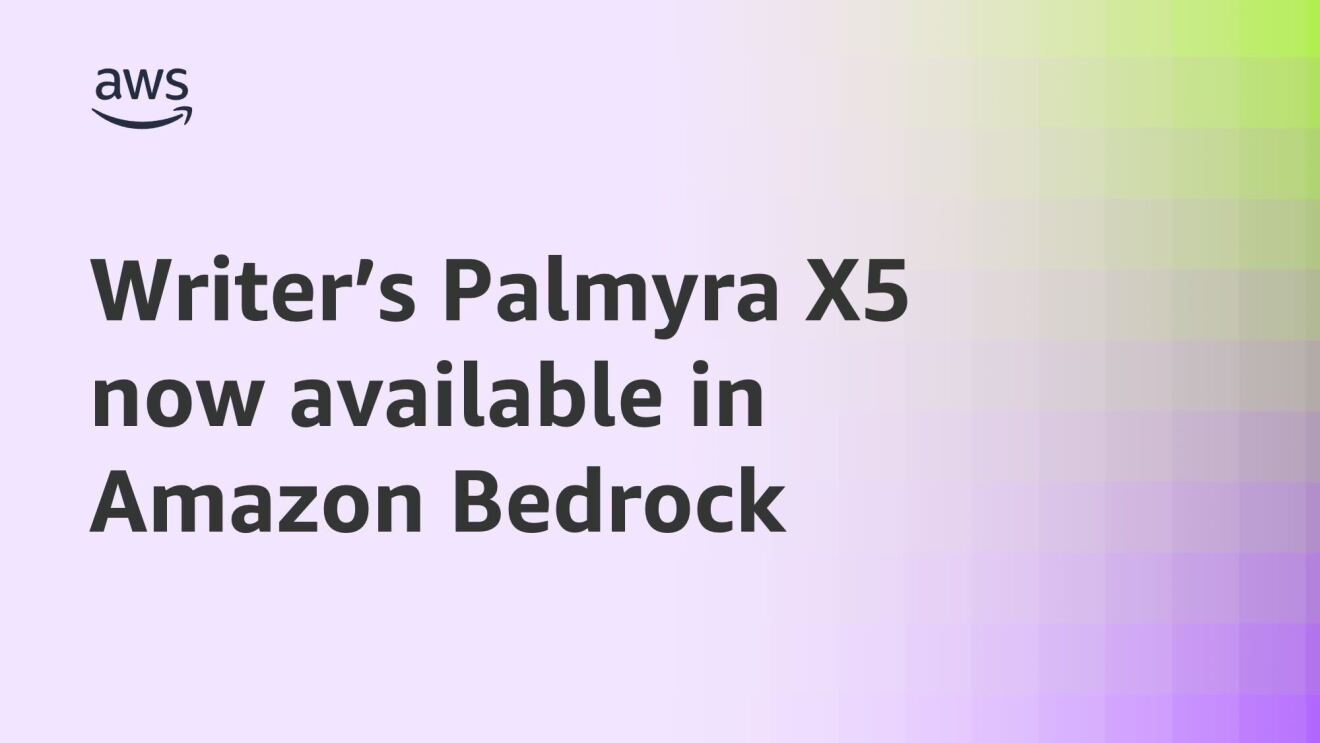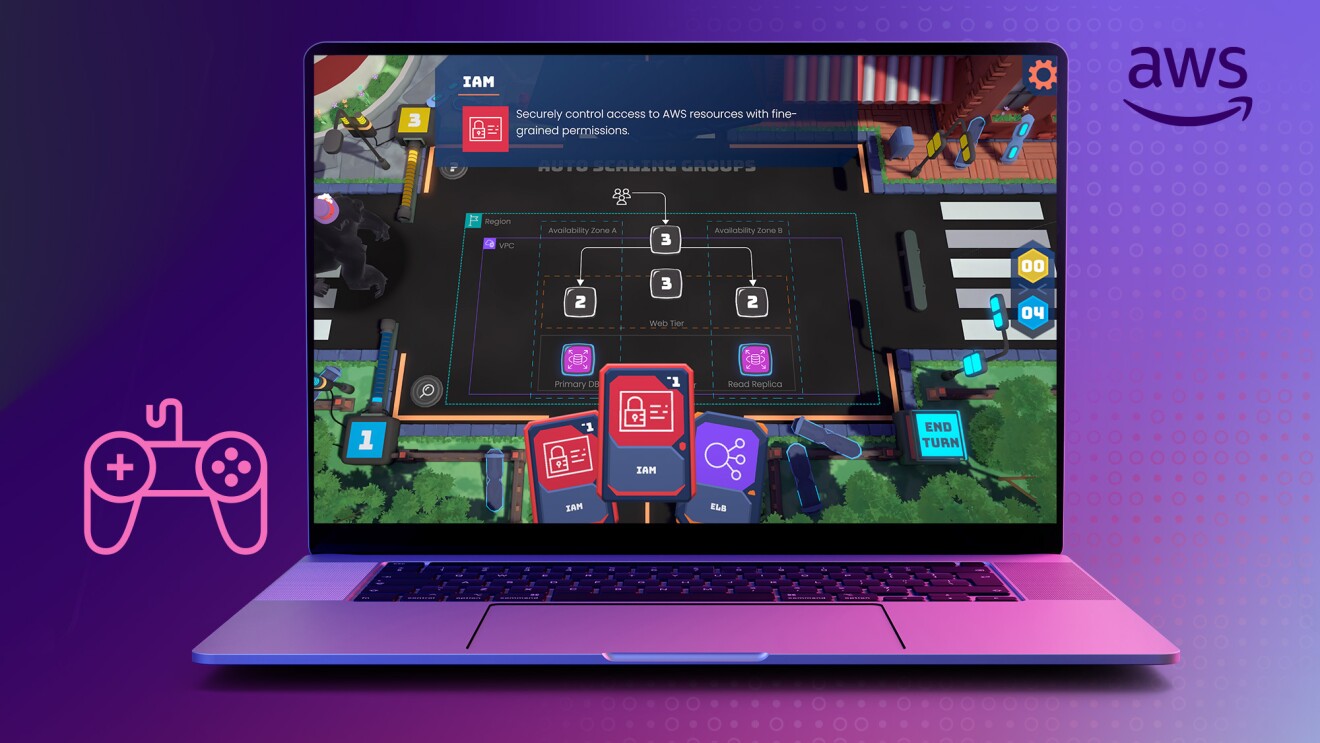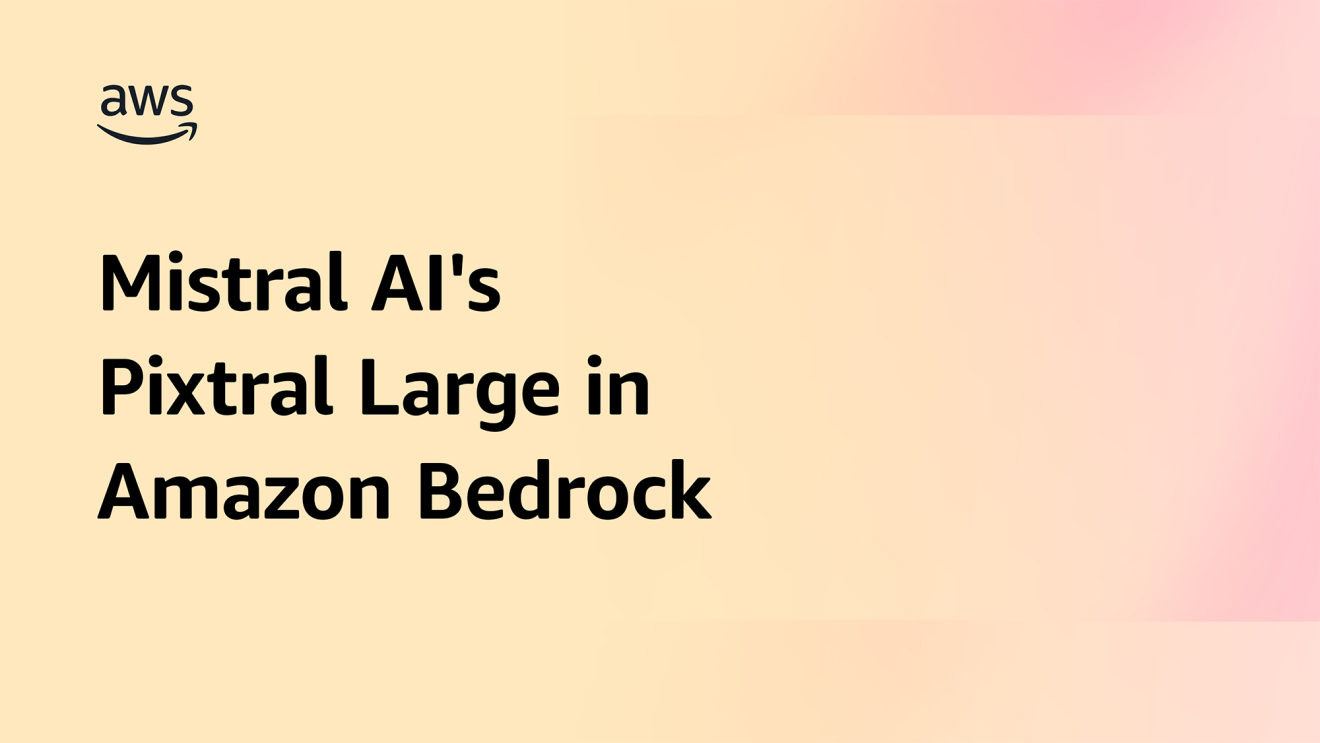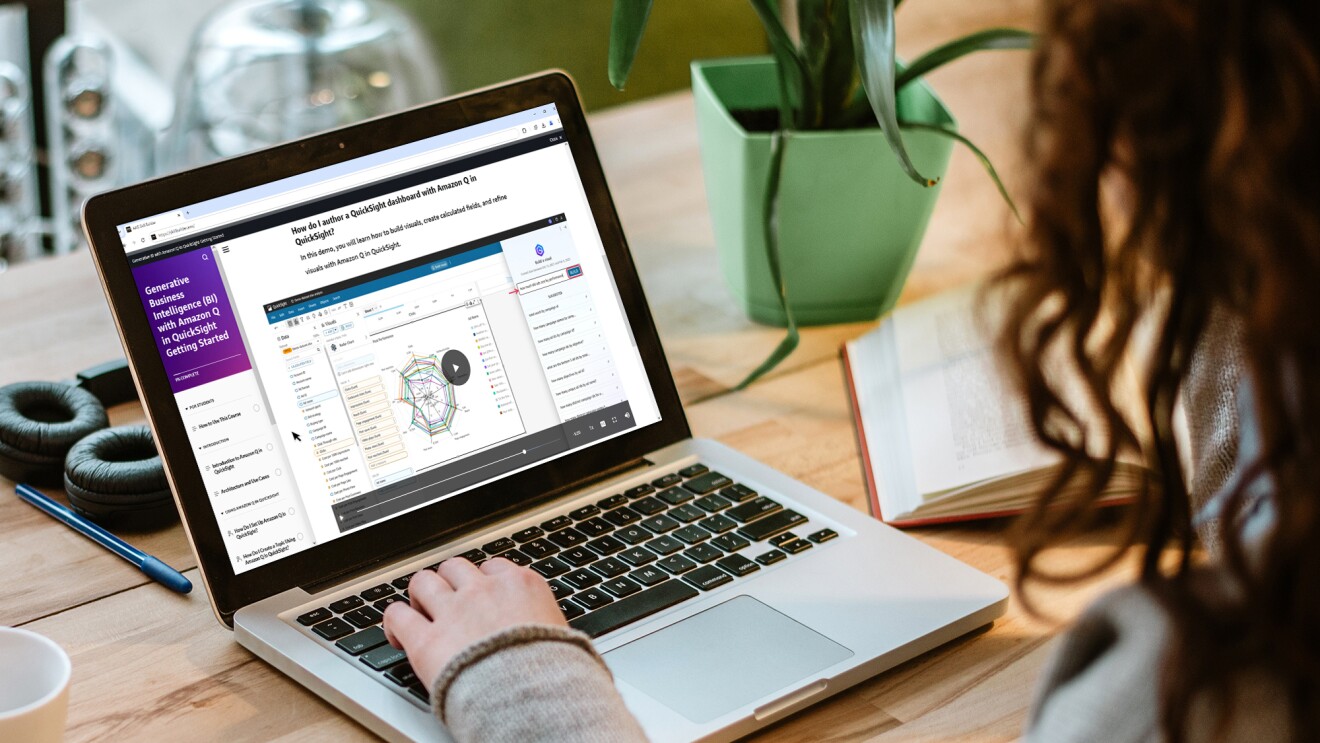Doreen Monks remembers the day when Alzheimer's entered her life.
Monks, a veteran neuroscience nurse practitioner, knew her way around the human brain. In her most recent role, she ran a program for stroke patients in northern New Jersey. Six years ago in March, the medical director of Monks' program, who was also a close friend, knocked on her office door with an ominous opening line, "We have to talk."
Topics raced through Monks' mind. "I was thinking, maybe she's pregnant, maybe she's going to quit," Monks, 68, said. "Maybe she's mad at me about something. I just thought it was work related."
Her friend and colleague faced her and said simply, "I think something's going on. You're changing. You're having difficulty, and you may not realize it." It would take a year's worth of MRIs, PET scans, and other testing before Monks would receive a diagnosis, but that change was being driven by early symptoms of Alzheimer's.
For Monks, it was signs such as forgetting that she had deposited stipend checks from drug tests and then forgetting that a colleague had asked her about it multiple times. Unlike many who have Alzheimer's, Monks' slipping memory wasn't dramatic. Her immediate concern was for the people she helped to treat and how any diminished cognitive ability might put them at risk.
"I was in a position which was stressful. It was all the patient-related stuff, my planning and organization," Monks said. "The onset of this disease is so subtle, sometimes you're the last one to know. My colleague taking me aside was a godsend."
The vast majority of people are not Monks, a trained neuroscience expert surrounded by other medical experts. And even she didn't see Alzheimer's coming. That is the subtly of the disease and how it manifests. Alzheimer's is also a subject that our friends and family often don't want to face down directly. It's easy to make excuses for a loved one's diminished cognitive capacity because the alternative is not one we want to consider. And the cost—both financial and human—of Alzheimer's for everyone is extraordinary.
The cost of Alzheimer's
- Alzheimer's is the sixth leading cause of death in the U.S.
- Every 65 seconds someone in the U.S. develops the disease.
- 5.8 million Americans are living with Alzheimer's.
- By 2050, this number is projected to rise to nearly 14 Million.
- More than 16 million Americans provide unpaid care for people with Alzheimer's or other dementias.
- If nothing changes, by 2050, 14 million Americans will be living with Alzheimer’s at an annual cost of more than $1 trillion.
- 82% of seniors say it's important to have their thinking or memory checked.
- But only 16% say they receive regular cognitive assessments.
- Two thirds of all cases are women, and women of color are at even greater risk.
Alzheimer's disease has no cure and no treatment to stop its progression, but early and accurate detection and diagnosis are crucial. Monks was fortunate to have medical professionals who could spot the early signs. BrainGuide, just launched by the nonprofit UsAgainstAlzheimer's, offers that kind of guidance for individuals who may be questioning their own brain health as well as family members and loved ones. The online and phone-based platform, hosted by Amazon Web Services (AWS), is designed to give people the knowledge and resources to take the best next steps in managing their own or a loved one's brain health. It includes memory questionnaires accessible in English and Spanish and available for free.
Monks was introduced to UsAgainstAlzheimer's and BrainGuide through volunteer work she was doing in another area of dementia. And she's fully on board as a volunteer advocate. "This is not an easy topic to bring up with anybody," Monks said. "I'm lucky because I have my nursing background, but if you don't have that, how do you even start the conversation?"
BrainGuide is a platform that empowers people to start this very important conversation with loved ones or a provider. BrainGuide is not intended to diagnose Alzheimer's or any other disease.
"Whether the results are, 'You don't have issues at this time,' or, 'If you're still concerned, you should speak with your physician or health care provider,'" Monks said, "most of us get to the point where you see something is wrong in yourself or a loved one, and then you just don't know what to do next. What this does is give you some non-threatening guidance as to what the next step should be."
Having some answers and knowing how to move forward have been crucial for how Monks is managing her own disease. She thinks of her own cognition behaving like a well-understood route on a map to a place she loves. She has been following that route to this wonderful place her entire life.
"And one day somebody takes the map and shakes it," Monks said. "The map you knew so well is now almost unrecognizable, and with Alzheimer's it's become this very, very much more complicated route."
But that place Monks loves still lies at the end of the route.
"So you need to decide, is it worth the hard work it's going to take to get there now, or do you just not go?" Monks said. "I have decided it's worth all the effort. I'll go back to the starting point of that newly complicated route and keep going. Because to give up, that's really worse than the disease itself. And I am not giving up."
How to access BrainGuide
- Website: mybrainguide.org
- Phone number: 855-272-4641
- UsAgainstAlzheimers.org: https://www.usagainstalzheimers.org/
Trending news and stories


